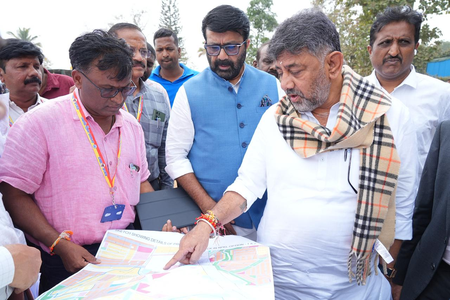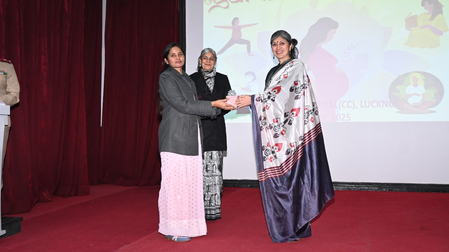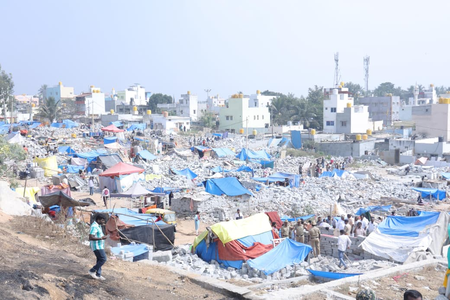
Jammu, Jan 16 (IANS) The Jammu and Kashmir government on Thursday confirmed that the deaths in the Rajouri district during the last month have been caused by toxins and not by any communicable diseases. Following this, the police formed an SIT to probe the criminal angle.
Over a dozen people, including seven children, have died in Badhaal village of Kotranka sub-division of Rajouri district since December 7, 2024, due to an unidentified disease.
The union territory government said that toxins have been identified in the samples analysed by the Council For Scientific And Industrial Research-Indian Institute of Toxicological Research (CSIR-IITR). The CSIR-IITR findings confirmed that no virus or bacteria was found in the samples analysed by the institute.
After these findings were sent to the J&K government, police in Rajouri district constituted a special investigation team (SIT) to investigate the criminal aspect of the deaths.
The first death in this series of 14 deaths happened on December 7, 2024, in which five members of a family of seven died.
On December 12 last year, three members of a family of nine died in the same village.
A child admitted to Jammu’s SMGS hospital on January 12 is still said to be in critical condition.
Talking to reporters on Wednesday, J&K Health and Medical Education Minister, Sakina Itoo said no viral or bacterial disease had caused deaths in Badhaal village and police and Rajouri district administration had been asked to probe the criminal angle, if any, behind these deaths.
Teams of experts from different parts of the UT and from outside visited the village and collected samples.
These samples were sent to the National Centre for Disease Control (NCSC), New Delhi; the National Institute of Virology, Pune; the National Institute for Toxicology and Research, Lucknow; the Defence Research and Development Establishment, Gwalior; Microbiology Department of PGI, Chandigarh, and ICMR Viral Research and Diagnostic Laboratory, Jammu.
To reassure people of the area, teams of doctors along with food safety officials were sent by the J&K government to collect food and water samples from the affected areas.
Mobile medical units and door-to-door screenings were organised, while rapid response teams, consisting of epidemiologists, microbiologists, and other specialists, carried out detailed screenings and collected samples. Over 3,500 people in Badhaal and neighbouring villages were screened to identify the pathogen.
–IANS
sq/dpb




